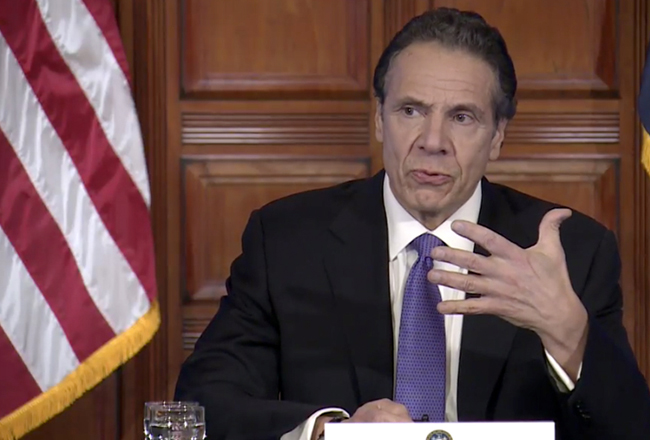A Harrison cancer researcher claims that Progenics Pharmaceuticals Inc. falsified sales reports to mislead investors and fired him when he blew the whistle on compliance violations.
 Syed Mahmood sued Progenics March 25 in federal court in White Plains for alleged retaliation under the Sarbanes-Oxley Act protections for whistleblowers who reveal suspected fraud against shareholders of publicly traded companies.
Syed Mahmood sued Progenics March 25 in federal court in White Plains for alleged retaliation under the Sarbanes-Oxley Act protections for whistleblowers who reveal suspected fraud against shareholders of publicly traded companies.
“Progenics engaged in this scheme to deceive investors as to the value of its highly touted, FDA-approved new cancer drug,” the lawsuit states, “to encourage investment in the company and to defeat an attempt by a group of highly vocal shareholders to replace the company”™s managers and certain members of its board of directors.”
Progenics did not respond to an email message requesting comment.
The Manhattan company develops and sells medicines and technology that target cancers. One of its drugs, Azedra, is used to treat cancers of the adrenal gland.
Mahmood is a physician trained in nuclear medicine. He joined Progenics in 2017 as vice president of medical affairs, and he was a member of the compliance committee.
The committee is supposed to ensure that the company follows all laws, regulations and ethical standards.
For example, the medical and commercial sides of the company must maintain a “meaningful separation,” according to the complaint, to protect confidential information from being exploited by outside health care professionals.
When a vendor or health care professional asks about off-label uses, for instance, Progenics is supposed to refer the questions to the medical staff and not to the commercial side of the business.
Mahmood claims that three times last year, Progenics officials crossed the line and he objected.
In January 2019, the complaint states, Asha Das, the chief medical officer who was managing the rollout of Azedra, scheduled a February advisory board meeting to discuss potential uses of the drug. Outside physicians were to be included.
Mahmood claims he warned her that there was not enough time to obtain confidentiality agreements from the outsiders.
Das allegedly advised him to “look the other way,” and said the meeting would go forward with or without the confidentiality agreements.
Progenics”™ medical and commercial staff also had inappropriate discussions about off-label marketing of Azedra, according to the complaint.
Then last April, Progenics was designing a booth for a medical conference that could only be used for approved products, under company rules, but was designed to aggressively market off-label uses of Azedra.
A year ago, Mahmood was fired, the complaint states, just six weeks after he had received a favorable performance review.
After he left, he claims, Progenics filed false reports about Azedra with the U.S. Securities and Exchange Commission.
The company reported that Azedra had been successfully commercialized, according to the complaint, when “in fact there had been no treatment requests.”
He claims that the purpose of the alleged misrepresentation was to promote off-label sales, so as to mask weak on-label sales in the publicly reported financial statement.
Mahmood filed a whistleblower complaint with the U.S. Department of Labor, which has not issued a final decision, and with the SEC.
Last November, a proxy fight led by Progenics investor Velan Capital resulted in the removal of CEO Mark Baker and four members of the board.
Mahmood”™s lawsuit demands that Progenics reinstate him and compensate him for his lost pay.
He is represented by Chappaqua attorney Rita Costabile Tobin.
















